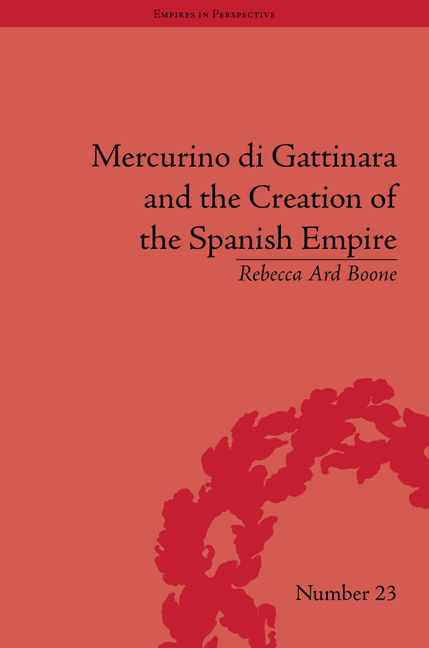Conclusion
Summary
Gattinara was a Renaissance statesman by coincidence and temperament. Driven by ambition and educated in the humanities, he experienced and excelled in every human endeavour related to the negotiation and administration of power. In an era that exalted language as the divine force granted by heaven to mortals for the purpose of establishing order on earth, he made the most of his talent. He showed his mastery when he portrayed himself as a prophet, predicting and then fulfilling the will of God and preparing for his kingdom. Simultaneously, he fit perfectly within the hermetic tradition of language inherited from antiquity. In this esoteric philosophy, Mercury, the messenger of the gods, had brought humans not only communication, knowledge and magic, but also the arts of trickery and deceit. Many contemporaries believed he shared more than just a name with this elusive figure.
Whether through talent or training, Gattinara's greatest asset as an advisor was his ability to see situations from the perspective of his opponents, subjects and patrons. Whether they were Aztec peasants in New Spain, Lutheran foot soldiers in Germany, duchesses in Brabant, kings in England or popes in Italy, they all had interests and motivations, and Gattinara made it his business to understand them. He evaluated circumstances according to the ‘human measure’, a way of looking at the world inherited from the Western legal tradition.
- Type
- Chapter
- Information
- Publisher: Pickering & ChattoFirst published in: 2014

